More Money, Same Problems? How to Make 2025 the Year of Change
As we step into 2025, many high-income earners find themselves in a familiar cycle: making more money but still feeling financially stuck. You earn a solid income, yet the financial freedom you envisioned seems out of reach. The truth is, without a clear strategy, more money often leads to the same financial struggles—just with bigger numbers attached.
If this resonates with you, it's time to address the real issues behind financial stagnation and make 2025 the year of meaningful change.
The Hidden Trap: Lifestyle Inflation
One of the biggest culprits behind financial stagnation is lifestyle inflation. As your income increases, typically, so do your expenses. You upgrade your home, buy a nicer car, take more luxurious holidays, and enjoy the finer things in life. While there's nothing wrong with enjoying your success, unchecked lifestyle inflation can erode your ability to build real wealth.
It's essential to align your spending with what truly brings you fulfilment. Finding your purpose and understanding what makes you feel genuinely satisfied—whether it's experiences, personal growth, or meaningful connections. This level of understanding can help you allocate your wealth more intentionally and avoid the endless pursuit of materialistic gains.
More Money Won't Fix Poor Financial Habits
A common misconception is that a higher income will solve all your financial problems. However, without a personalised financial strategy, higher earnings can magnify poor spending habits, leaving you in the same position—or worse.
Many individuals earning a substantial income continue to struggle with debt, lack of savings, and financial stress because their spending patterns remain unchecked. Without cashflow systems in place, even a significant salary can be quickly absorbed by impulsive spending, emotional purchases, or simply a lack of financial awareness.
Addressing the root cause of financial habits—whether it's a mindset shaped by past experiences, social pressures, or a lack of education—is crucial to achieving true financial progress.
The Paralysis of Too Many Options
Many families and business owners find themselves overwhelmed by the sheer number of financial decisions they face. From investing and tax planning to debt management and retirement savings, not knowing where to start leads to inaction. This "decision paralysis" can cause individuals to delay important financial decisions, miss out on wealth-building opportunities, or even make emotional choices driven by fear or confusion.
The overwhelming amount of financial information available today can make it even harder to find the right path for you and your family. Simplifying financial choices and prioritising taking action can help cut through the noise and create meaningful progress.
The Cost of Being Time-Poor
As a busy professional or business owner, you likely wear multiple hats and struggle to find time to focus on your finances. This often leads to procrastination, missed opportunities, and a lack of financial clarity. When financial management becomes an afterthought, it's easy to fall into reactive rather than proactive decision-making—leading to increased stress and inefficient wealth management.
Many high-income earners find themselves so focused on career or business growth that their personal finances take a backseat. This leaves a disconnect between their income potential and financial reality. Prioritising financial well-being by seeking support or dedicating time to financial planning can lead to long-term benefits, greater peace of mind and fulfilment.
Making 2025 Your Year of Financial Change
If you want different results, you need a different approach. Here’s how you can take control of your financial future:
1. Define Your Goals: What does being financially free mean to you?
Whether it’s having enough money to be able to cut down working hours and be more present with your kids, be able to travel and explore the world more, pursue a hobby with income not being an issue.
2. Create a Realistic Plan: What are the steps you need to take for these goals to become your reality.
“A goal without a plan is just a wish” - Antoine de Saint-Exupery
A realistic plan acts as a roadmap, guiding you from where you are to where you want to be.
3. Seek Expert Help: The quickest way to improve is to learn from those ahead of you.
Working with a financial adviser who aligns with your goals and understands your roadmap can provide the guidance needed to build wealth, avoid costly mistakes, and live life on your terms. A good adviser goes beyond the numbers—they help you use your wealth to enjoy life while working towards financial freedom.
4. Stay Accountable: It’s about getting that 1% every day.
Financial freedom doesn’t happen overnight. It’s the small, consistent changes you make to your finances that compound over time, leading to transformative results. Think of it as planting seeds today that will grow into fruitful trees in the future.
Final Thoughts
In 2025, don’t let higher earnings pull you into a false sense of financial security. Instead, focus on building sustainable wealth by tackling the root causes of financial stagnation. With the right strategy, discipline, and support, you can break the cycle and build a financially free future for you and your family.
About the Author
John Cachia is a seasoned financial adviser and dedicated parent of three boys. With a passion for financial literacy and wealth management, John has been in the industry since the young age of 14. His early start in finance has provided him with a wealth of experience and insight, which he now uses to guide families towards achieving their financial goals. As Australia's leading wealth adviser for young families, John is committed to helping parents become positive financial role models for their children, ensuring a secure and prosperous future for the next generation.


